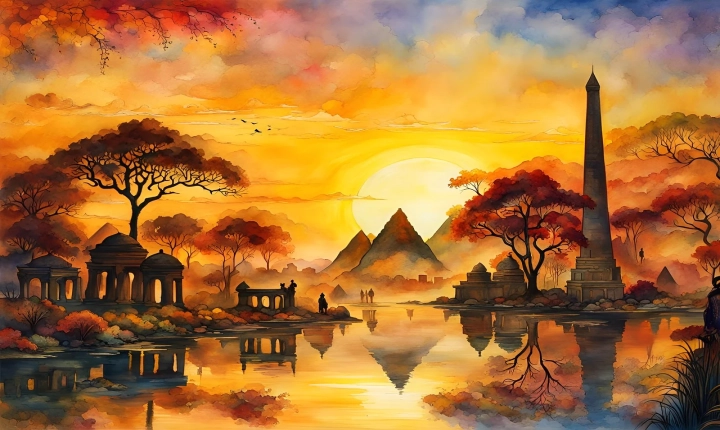Title: Can AI Generate Jokes? Exploring the Potential of Artificial Intelligence in Humor Generation
In recent years, artificial intelligence (AI) has made significant advancements in various fields, from healthcare to finance to entertainment. One area of particular interest is the use of AI in generating humor, such as jokes and puns. With the rise of chatbots, virtual assistants, and language processing algorithms, the question arises: Can AI effectively generate funny and creative jokes?
The short answer is yes, AI can generate jokes. However, the quality and ingenuity of these jokes depend on the sophistication of the AI algorithm and the depth of its understanding of human language and humor.
One of the primary challenges in creating AI-generated jokes is that humor is often contextual and nuanced, relying on wordplay, ambiguity, and unexpected associations. For AI to effectively generate jokes, it needs to possess a deep understanding of language, semantics, and the cultural context that underpins humor.
To achieve this, language processing models, such as OpenAI’s GPT-3, have been trained on vast amounts of text data to develop a comprehensive understanding of language patterns, idioms, and the subtleties of humor. These models can then use this knowledge to generate jokes based on the input and context provided.
Furthermore, researchers and developers are exploring the use of reinforcement learning techniques to train AI models to generate jokes. By providing feedback on the humor and creativity of generated jokes, the AI can learn to refine its output to better align with human standards of humor.
In addition to understanding language and context, AI must also be able to leverage its knowledge to generate original and creative jokes. This requires the ability to think outside the box, make unexpected connections, and introduce surprising twists – all key elements of successful humor.
Despite these challenges, AI has shown promising results in joke generation. There are now AI-powered chatbots and virtual assistants that can engage in entertaining and humorous conversations with users, generating jokes on the fly and adapting to different contexts and preferences.
For example, some chatbots can create puns, one-liners, and absurdist humor, catering to a wide range of comedic tastes. Moreover, AI-generated jokes can be personalized based on user interactions and preferences, creating a more engaging and enjoyable experience for users.
Looking ahead, the potential applications of AI-generated humor extend beyond casual entertainment. AI-powered comedic content could be integrated into various media platforms, such as social media, gaming, and storytelling, to enhance user engagement and entertainment value.
Furthermore, AI-generated humor could be leveraged in therapeutic contexts, such as in humor-based interventions for mental health and well-being. Studies have shown the positive effects of humor on reducing stress and improving emotional well-being, and AI-generated humor could be a valuable tool in delivering such benefits at scale.
In conclusion, while AI-generated humor is still a work in progress, the potential is undeniable. As AI continues to advance in language processing, creative thinking, and understanding of human culture, it holds the promise of becoming a significant contributor to the world of humor and entertainment. Whether it’s cracking a joke with a chatbot, enjoying AI-generated comedy content, or leveraging humor for therapeutic purposes, the future of AI in humor generation is indeed an exciting prospect.
